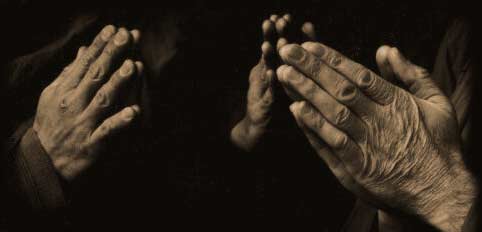| Forest Sangha Newsletter | April 1997 |
|
Cultivating Discernment |
|
As for the mind, when mindfulness and self-awareness are the causes, a still mind is the result. When negligence is the cause, a mind distracted and restless is the result. |
|
Keep this up until you have one that's as beautiful and well-proportioned as possible, one with nothing to criticise from any angle. This last basket you can take as your standard. You can now set yourself up in business. What you've done is to learn from your own actions. As for your earlier efforts, you needn't concern yourself with them any longer. Throw them out. This is a sense of discernment which arises of its own accord, an ingenuity and a sense of judgement which come not from anything your teachers have taught you, but from observing and evaluating on your own the object that you have made.
The same holds true in practising meditation. For discernment to arise, you have to be observant as you keep track of the breath. It is important to gain a sense of how to adjust and improve it so that it's well proportioned thoughout the body, and comfortable: in slow and out slow, in fast and out fast, long, short, heavy or refined. |
 |
|
Get so that both the in-breath and the out-breath are comfortable no matter what way you breathe, so that - no matter when - you immediately feel a sense of ease the moment you focus on the breath. When you can do his, physical results will appear: a sense of ease and lightness, open and spacious.The body will be strong, the breath and blood will flow unobstructed and won't form an opening for disease to step in. The body will be healthy and awake.
As for the mind, when mindfulness and self-awareness are the causes, a still mind is the result. When negligence is the cause, a mind distracted and restless is the result. So we must try to make the causes good, in order to give rise to the good results we've referred to. If we use our powers of observation and evaluation in caring for the breath, and are constantly correcting and improving it, we will develop awareness on our own; the fruit of having developed our higher concentration step by step. |